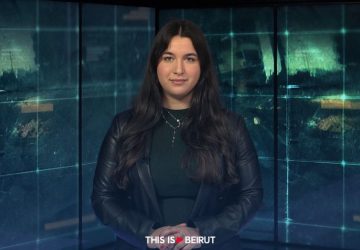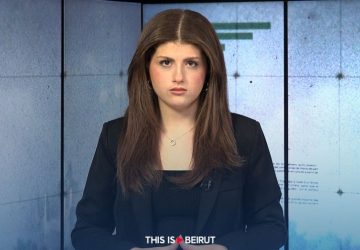Listen to the article
The unfolding international political dynamics are intertwined and unlikely to be construed unless they correlate with internal political dynamics and ideological subtexts. This primary observation seems compatible with various political evolutions throughout the large geopolitical spectrum and its variations. While reviewing the conflict-ridden political landscapes, we inescapably notice the inter-relatedness of political events and the nexuses between the various political configurations and variables. The internal or external permutations are likely to change conflict dynamics in whichever direction: the electoral contest in Iran undermines the legitimacy of the Islamic dictatorship in Tehran and questions its international policy and subversive interventionism in the Middle East; the hardening political repression in Russia accounts for the smoldering conflict in Ukraine and the demise of international political mediations; the extremely polarized political scenery in the US is hampering the transatlantic alliance crucial role in correcting power assymetries between Russia and Ukraine and containing its reverberations on European security. Otherwise, it affects the balancing role of the US administration, while sorting out the intricacies of the late Israeli-Palestinian conflict and preparing the ground for an overall political settlement that ends the unrestrained cycles of violence. The strident political controversies around unregulated migration and their impact on societal equilibriums in Western democracies are being instrumentalized by radical agendas to alter foreign policies and their incidence, namely, on the conflicts in Ukraine and the Israeli-Palestinian interfaces.
The War in Ukraine has muted into the epitome of the new Cold War era and elicits the urgency to delineate the geopolitical plot lines and solidify their markers, at a time when Russia and its Chinese and Iranian partners are attempting to alter them. The Russian asymptotic rise to violence pairs with the awaited outcomes of the upcoming presidential election in the US and the imponderables of Donald Trump’s re-election. Whereas the two candidates, Joe Biden and Donald Trump, are questioning their respective foreign policy credentials insofar as the management of the unfolding conflicts in Ukraine and the Middle East. Whereas the protagonists of conflict are trying to influence the inner courses of US policy directly and obliquely through their ethnic constituents and clashing political agendas. Both Republicans and Democrats are challenged in their ability to steer a balanced course that keeps US security interests above the fray of mundane politics and populist demagoguery.
The Gaza war and its strategic narrative are quite challenging insofar as its outcomes and time framework. The strategic and humanitarian imbroglios are quite interwoven and behoove major adjustments in terms of disentangling issues and scaling priorities. The tragic impasses intentionally thrust by Hamas have made the winnowing of priorities very hard, narrowed the choices between extremes, and enhanced the magnitude of war tragedies and their appalling humanitarian and ecological disasters. Israel has to win the war to put an end to the existential threats featured on the 7th of October 2023, but the humanitarian costs are quite preoccupying. Hamas seems to thrive on its reckless and criminal undertaking and to dismiss its calamitous results. The truce scenarios matched with the swap of prisoners might offer an interlude, but won’t be a game changer unless Hamas accepts defeat, and allows diplomacy to mediate and discuss the future of Gaza between a new governmental coalition in Israel and an overhauled Palestinian authority. Any default in this regard is likely to drag out the conflict in time and broaden the spectrum of devastations. The reshuffling of the governmental makeup in both Israel and the Palestinian scenery is mandatory to end the hostilities in Gaza and open up the horizon for future negotiations between them.
The symmetric conflicts on the Lebanese and Syrian interfaces with Israel are wired into the dynamics of proxy conflicts propelled by the Iranian politics of subversion. Israelis, notwithstanding their political differences, do not seem inclined to condone the Iranian strategic thrust and flaunted genocidal statements. The internationalization of security issues in South Lebanon, the creation of safety zones, the enforcement of international resolutions, the disarmament of Hezbollah and the Palestinian camps and the takeover of the Lebanese army are mandatory requisites if Lebanon is to recover its sovereignty and honor its commitments in the eventual scenario of stabilization and prospective pacification. The mere suggestion of truce scripts is irrelevant if it does not dovetail with a truly strategic and political purview devised jointly by the conflict parties and their arbitraging partners.





